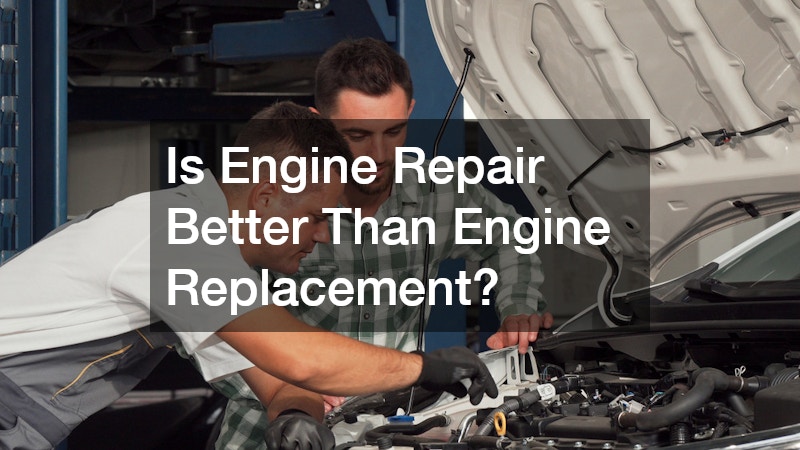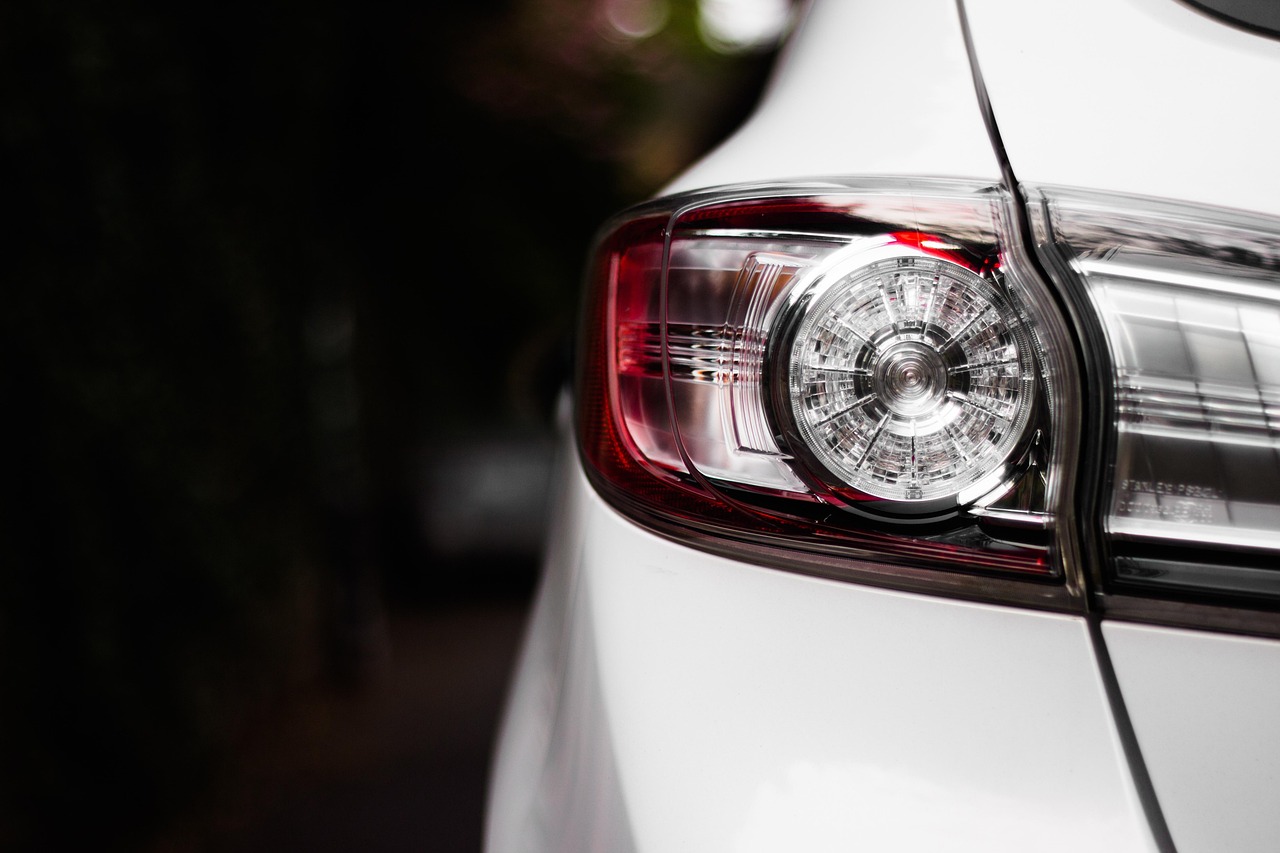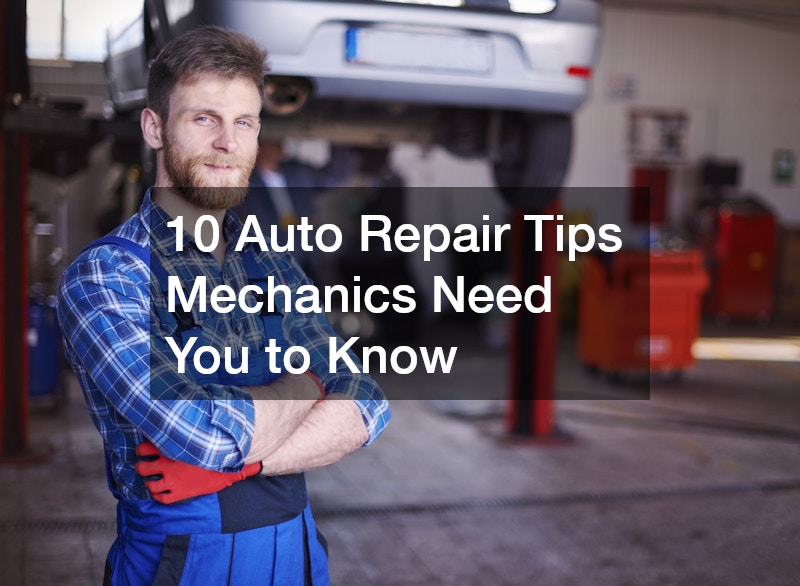Purchasing a used car can be a practical, cost-effective alternative to buying a new vehicle. However, the process of selecting, purchasing, and maintaining a pre-owned car comes with unique challenges. A used car may have hidden issues requiring thorough evaluation before purchase and consistent care afterward. To navigate these complexities, it’s essential to approach the process with knowledge and preparation. From performing a meticulous vehicle inspection to collaborating with a local auto body shop for maintenance and repairs, this guide outlines comprehensive tips to help you confidently buy and care for a used car.
Researching and Selecting the Right Used Car

When searching for the ideal used car, setting a realistic budget is critical. This budget should account not only for the purchase price but also for potential repair costs, registration, insurance, and routine maintenance. Exploring local vehicle auctions can be an excellent way to find affordable options. These auctions often feature a variety of vehicles, some in nearly new condition, making them an appealing choice for budget-conscious buyers.
Beyond price, a car’s history is a key factor in determining its reliability. Check its titles to confirm the absence of outstanding loans or salvage designations, which can complicate ownership. Additionally, narrow your choices based on the availability of local auto parts. Opting for a vehicle with easily accessible components will make future repairs faster and more affordable.
Another crucial step is reading online reviews and owner feedback to gauge the long-term reliability of specific makes and models. Look for models known for durability and low maintenance costs. Consulting local dealerships or used car experts can also provide insight into the most dependable vehicles within your price range.
Pre-Purchase Vehicle Inspection
Performing a thorough vehicle inspection is non-negotiable when buying a used car. This inspection should go beyond superficial checks and focus on critical areas like the engine, transmission, and suspension. Engaging a trusted mechanic ensures a professional evaluation and helps identify any hidden problems.
During the inspection, pay attention to potential frame damage, which could indicate a prior accident. While some damage can be repaired at an auto body shop, extensive issues may signal future complications. Insist on checking for signs of rust, leaks, and unusual wear on components like tires and brakes.
It’s equally important to test the car’s functionality on a test drive. Evaluate how the vehicle handles under different conditions, such as highway speeds and sharp turns. Listen for unusual noises that could indicate mechanical issues requiring immediate attention.
Negotiating the Purchase

Negotiating the purchase price of a used car requires a balance of preparation and confidence. Use findings from the vehicle inspection as leverage to highlight repair needs or discrepancies that justify a lower price. For instance, pointing out worn tires or outdated safety features can help reduce the overall cost.
Ensure that the car has clean titles before finalising the deal. A vehicle with unresolved legal or financial issues could create long-term headaches, so it’s critical to confirm this detail. For additional bargaining power, research the market value of similar vehicles in your area to determine a fair price range.
Once a price is agreed upon, review the purchase agreement thoroughly. Ensure there are no hidden fees or conditions that could complicate ownership. If you’re buying from a private seller, insist on completing the transaction at a local motor registry to confirm the transfer of ownership is legitimate.
Essential Repairs and Maintenance After Purchase
After purchasing a used car, prioritise necessary repairs and maintenance to ensure its reliability. Addressing auto wheel repairs, brake replacements, and engine tuning early can prevent more significant problems down the line. Additionally, routine services like oil changes and tire rotations at a local auto body shop will help extend your car’s lifespan.
Establishing a relationship with a reliable auto repair service is invaluable. Professionals familiar with your vehicle’s history can provide tailored maintenance plans and address potential issues proactively. Services such as suspension checks and auto windshield replacement are crucial for both safety and comfort.
Investing in quality parts is another essential step. Sourcing components from reputable local auto parts stores ensures durability and compatibility with your vehicle. While the initial cost may be higher, these parts often save money in the long run by reducing the frequency of replacements.
Maintaining the Vehicle for Longevity

Regular maintenance is key to keeping a used car in optimal condition. Routine checks on fluid levels, battery health, and tire pressure can prevent minor issues from escalating. Additionally, staying consistent with oil changes and brake inspections will support the car’s overall performance.
When sourcing replacement parts, consider visiting local auto parts stores for affordable, high-quality options. Local suppliers often offer warranties and personalised advice, making them a dependable resource for car owners.
It’s also important to monitor your vehicle for signs of wear and tear that may require professional attention. If you notice unusual noises or reduced performance, consult a trusted auto repair service or local auto body shop. Preventative care, such as undercarriage cleaning and rust prevention treatments, can also extend your car’s lifespan.
Customisation and Upgrades for Your Used Car
Enhancing a used car’s functionality and aesthetics can improve both its value and your driving experience. Auto body shops offer various services, from repainting to dent removal, that can restore the car’s exterior. Functional upgrades, such as new tires, GPS systems, or advanced sound systems, can make your vehicle more enjoyable to use.
However, any customisation must comply with local laws and not compromise the car’s titles. Modifications that violate road safety standards or insurance policies can lead to financial and legal complications. Consult professionals to ensure your upgrades meet all required guidelines.
Another creative option is investing in energy-efficient modifications, like low-resistance tires or aerodynamic enhancements. These changes can improve fuel efficiency and reduce your long-term driving costs.
Tips for Selling or Trading In Your Used Car

When it’s time to sell or trade in your used car, taking steps to maximise its value can pay off significantly. Regular maintenance, including auto wheel repairs and paint touch-ups, makes a positive impression on potential buyers. A clean title is essential for ensuring a smooth transaction, as any unresolved issues can deter buyers.
If selling privately, consider showcasing your car at local vehicle auctions to reach a broader audience. These platforms often attract serious buyers willing to pay competitive prices. Alternatively, trading in your vehicle at a dealership may offer the convenience of immediate payment, though it might yield a slightly lower value.
Prepare your car for sale by detailing the interior, replacing worn components, and compiling maintenance records. Transparent documentation can build buyer trust and justify a higher asking price.
Financing and Insurance for a Used Car
Financing a used car involves evaluating various options, such as bank loans, credit unions, or dealer financing. Understanding the terms, interest rates, and repayment periods of each choice will help you select the most cost-effective option.
Insurance is another critical aspect of car ownership. Choose a plan that balances affordability with adequate coverage for potential accidents or repairs. A clean title can often reduce insurance premiums, as it signals a lower risk to providers.
Compare quotes from multiple insurers to find the best rates, and consider bundling policies for additional savings. Evaluating deductibles and coverage limits carefully will ensure your policy aligns with your needs and budget.
Handling Emergencies and Repairs
Emergencies, such as flat tires or unexpected engine failures, are part of owning a used car. Being prepared with an emergency kit that includes tools, spare parts from local auto parts stores, and basic supplies can make a significant difference.
For more complex issues, seek professional help for services like auto wheel repairs or extensive body damage at an auto body shop. Identifying reputable roadside assistance and towing services beforehand can save time and reduce stress during critical moments.
Regularly reviewing your car’s emergency readiness, such as keeping the battery charged and maintaining adequate tire pressure, is also essential. A proactive approach can prevent small problems from becoming significant challenges.
Protecting Your Investment Long-Term
Safeguarding your used car’s value requires consistent care and attention. Invest in protective measures like weatherproof covers or garage storage to shield the vehicle from harsh conditions. Regular inspections for rust, leaks, or structural damage will help maintain its appearance and functionality.
Keeping detailed maintenance records is another valuable habit. These records not only aid in tracking repairs but also enhance the car’s resale value. Potential buyers often view comprehensive documentation as a sign of diligent ownership.
Finally, prioritising timely services like auto windshield replacement and professional auto repair can prevent minor issues from escalating into costly repairs. This approach ensures your vehicle remains reliable and retains its value over time.
Choosing the Right Warranty for Your Used Car
Investing in an extended warranty for a used car is an excellent way to safeguard against unexpected repair costs. Unlike a new car warranty, which often comes standard, extended warranties for used vehicles are typically optional but highly beneficial, especially for cars with high mileage or older models. These warranties provide a financial safety net, covering the cost of repairs for key components like the engine, transmission, and electrical systems. By alleviating the burden of large, unforeseen expenses, a well-chosen warranty ensures peace of mind for used car owners.
When selecting an extended warranty, it’s essential to understand the various types available. For instance, powertrain warranties specifically cover major components such as the engine and drivetrain, while bumper-to-bumper warranties offer more comprehensive coverage, addressing both mechanical and electrical issues. However, these broader warranties often come with higher price tags. Assessing your car’s age, mileage, and potential repair needs will help determine which warranty type is most suitable for your circumstances.
In addition to coverage type, consider the duration and mileage limits of the warranty. Some warranties provide protection for a set number of years or kilometres, whichever comes first. If you drive frequently or rely on your car for long commutes, opt for a plan with higher mileage limits to avoid prematurely voiding your coverage. Be wary of warranties that include restrictive clauses or excessive exclusions, as these could leave you unprotected when you need it most.
Another factor to evaluate is the reputation and reliability of the warranty provider. Research customer reviews, ratings, and complaints to ensure you’re working with a company that honours claims promptly and transparently. Some third-party warranty providers have a history of denying valid claims or making the claims process unnecessarily difficult. Choosing a provider with a solid reputation can save you from future frustrations.
Many extended warranties also come with additional perks beyond repair coverage. Features like roadside assistance, towing services, and rental car reimbursement can make a significant difference in emergencies. These added benefits are especially valuable for used cars, which may be more prone to mechanical issues than newer models. When reviewing warranty options, consider whether these extras are included and how they align with your needs.
It’s equally important to understand what isn’t covered by an extended warranty. Common exclusions include routine maintenance, wear-and-tear items like brake pads and tires, and pre-existing conditions that existed before the warranty was purchased. Knowing these limitations will help you avoid surprises when filing a claim. Always read the fine print carefully and ask questions if any terms seem unclear.
Conclusion
Purchasing and maintaining a used car requires a thoughtful, informed approach to ensure a smooth ownership experience. From conducting a thorough vehicle inspection before purchase to working with trusted professionals like a mechanic and local auto body shop, every step plays a crucial role in your car’s longevity. Regular maintenance, timely auto windshield replacement, and establishing relationships with reliable auto repair services can make a significant difference in keeping your vehicle in top condition.
Whether you’re upgrading your car’s features or preparing it for resale, consistent care and attention to detail will protect your investment. With these tips, you’ll be well-equipped to make the most of your used car purchase, ensuring it remains a reliable and valuable asset for years to come.






